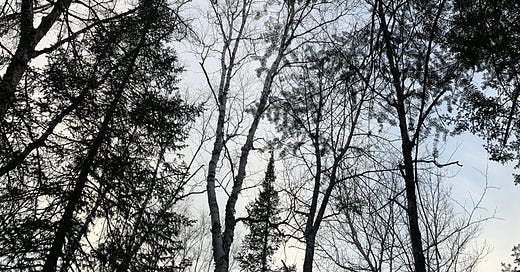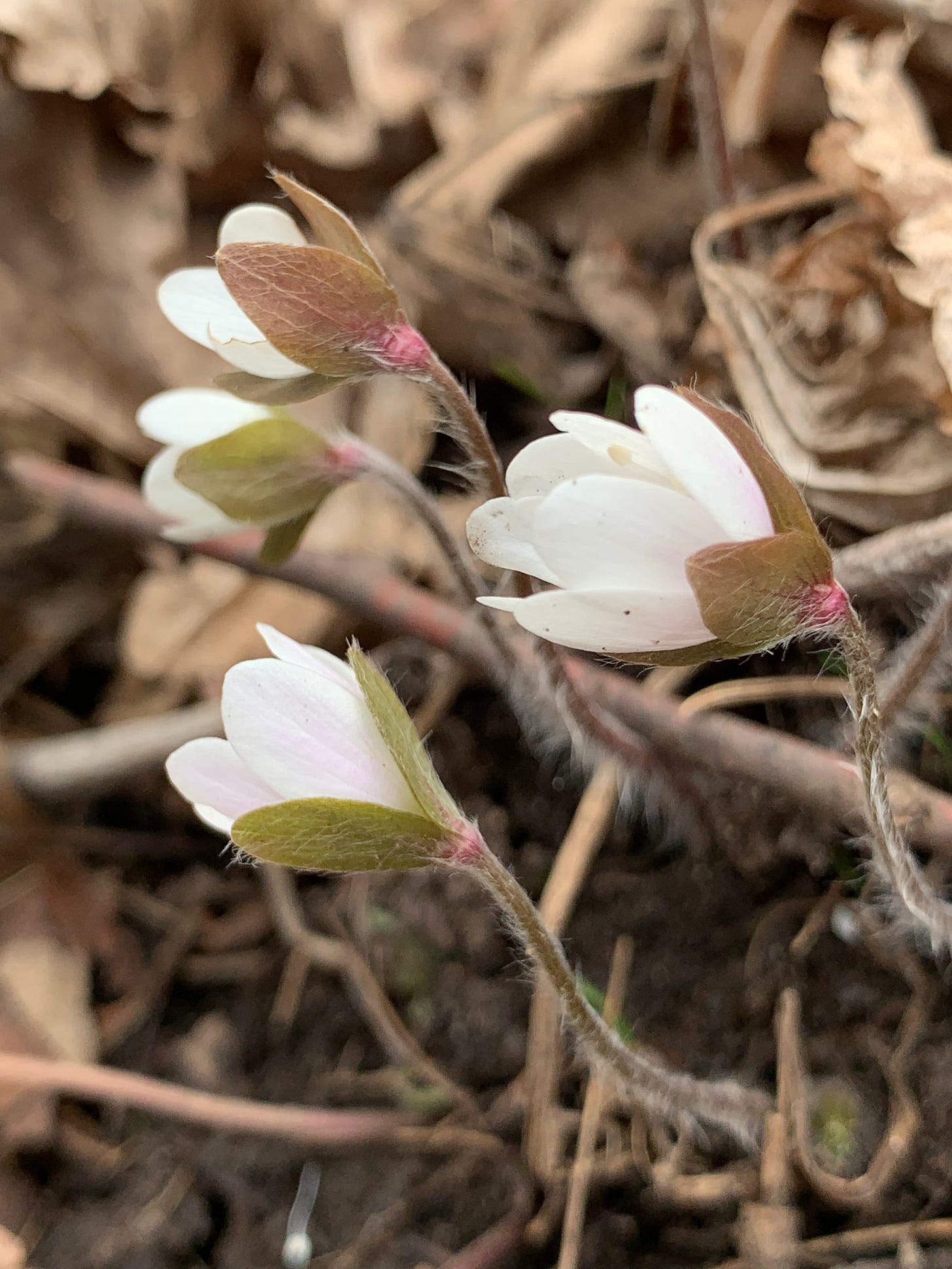We expect ourselves to go on when all we are left with is the negative space of grief. Perhaps this is the imprint that loss leaves on us. Fingering through the nooks and crannies of our surface, but meeting a hollowness in the landscape. The landscape laid bare, landmarks disguised or obliterated. Perhaps this is why the color of mourning is black. Perhaps it is a contrast to the white emptiness that surrounds us. The emptiness that swallows meaning, that carries whispers of futility and insignificance. Perhaps black is the color of protection. Shelter. Structure. Perhaps that is necessary for us as we rebuild our world again.
Our individual griefs and losses are part of a larger landscape of loss, a collective grief. The larger sense of loss comes from a lifetime of being told we are broken, that there is not enough, as we have watched people starve and be washed away in floods, or killed because they live near something that somebody else wants. Somebody who already has enough and wants more. As we have seen big swaths of nature turned into bland warehouses of plastic and parking lots, fracked, drilled, used up. As we witness the failure of leaders to truly lead and instead give in to their own worst nature. This too feels like negative space, too big, but which outlines the shape of who we are. It is a stark contrast. Who we are as individuals is not who we are as ideologies.
This morning as I walked the dogs along the river I thought of loss. I have been trying to describe the shifting landscape of grief. Last week it felt shapeless and infinite, too large. Then it felt like a big empty room, starkly white and square. The only thing in the room were my limiting beliefs, which seemed to find plenty of space to spread out and make themselves at home. I felt overwhelmed by them as they strengthened the voice of my inner critic and sowed seeds of self doubt and unworthiness. I felt a strong sense of separation from myself and my emotions. It was as if I was sensing the space of grief, but not able to enter it. Today grief feels like negative space. More intimate.
The negative space of our collective losses has spread out. Where the forest used to be there is an absence that takes up space in our bodies. Where rubble exists in the place where healthy communities once were, the weight of emptiness is oppressive.
The limiting beliefs. I know that they don’t serve me. These are old beliefs which stem from childhood. We all have these. The ones that are present now are “you don’t belong”, and “you are alone and unsupported in the world”. I know these to be false. And yet, they are still there. They are more clearly seen in grief’s emptiness. Unpleasant, yes, but an opportunity also. Another time to ask whether these are valid or not.
A memory: me as a very small child, old enough to use swings, but not old enough to open a heavy outside door. Daycare. Other kids. Then me alone. Outside. The thick metal door sealed shut and everyone else inside. I had been forgotten, probably off daydreaming or looking at a flower. How long did this last? Probably minutes. What happens in the space of minutes in childhood echoes its impressions throughout life. One situation. One limiting belief. Outsider. Forgotten. The negative space that shapes a life, invisible yet very real. Present again now. Like an old pair of jeans. Comfy and familiar. I wore that belief for a long time, and now it is full of holes and ready to be put to rest. Who I am now can meet that little girl in the playground, take her in my arms and offer words of comfort.
The negative space of grief feels different. It’s the space left by an absence. It fits against me like a puzzle piece, clarifying me, reminding me of my own aliveness. Perhaps the glaring white space illuminates what is present. Shines light on the many ways that I am supported, that I do belong. This is a time of distilling, of listening intently to the space between heartbeats. Of slowing down time and finding new rhythm within it. This is a part of healing. Healing cannot be rushed, only supported. What does support look like? It looks like patience, care, and holding space. It looks like being in nature. The tender persistence of the seasons gently reminds me of life’s beauty. The sense of futility and insignificance dissolves. Right now the spring ephemerals are on the rise. The first ones are emerging from bare ground. The roots are hidden, but they hold space. Every year new blooms, which are vulnerable and tough at the same time, which last a very short time, and then give way. Their transience magnifies the significance of their being. It settles me in my own transience. I find a sense of peace.
Perhaps our collective grief is like that too, clarifying for us our own past structures and beliefs, shining light on what has kept us small. I look around and see people questioning, deconstructing old patterns, and speaking out, standing up. I see pockets of new growth, recognition of wholeness rather than brokenness, and generous spaces where people are offering care and healing to one another. These are the spring ephemerals that hold the forest floor with their tender vulnerability.
When I write about these topics here, I am sharing my view from where I am now and speaking to the journey on the way here. I write about it because other people also have these experiences, and right now we need to reach for each other and let one another know that we are not alone.
How we meet our individual and collective grief matters. Sensing the shape of it and allowing it to teach us, is necessary and important work. Feeling overwhelmed is appropriate. Taking rest is critical. The space for healing and being held is essential. We can do this for ourselves and for each other. I wonder whether we in our aliveness, as we revitalize ourselves and each other, turn the tide to color that stark white emptiness.







Grief’s shape-shifting greys.
Loss’ larger landscape. Alone?
We’re all insiders.
...
Ephemeral, all.
Hold, reach for each other, heal.
Rest. Rebuild from ruins.
Susan, that was incredibly moving! As always, I listen and read. Your reflections touched something deep within. The way you shared both vulnerability and wisdom, describing grief as a shifting and evolving landscape, was just profound. Thank you so much for opening your heart and offering us such honest insights in the midst of your of sadness (both personal and collective); it’s a reminder to hold space for ourselves and for one another as we face the complexities of loss and renewal.
I’m so pleased that we’re sharing this space together. Thank you for being a companion on my journey. These wise words especially stayed with me, "I write about it because other people also have these experiences, and right now we need to reach for each other and let one another know that we are not alone."